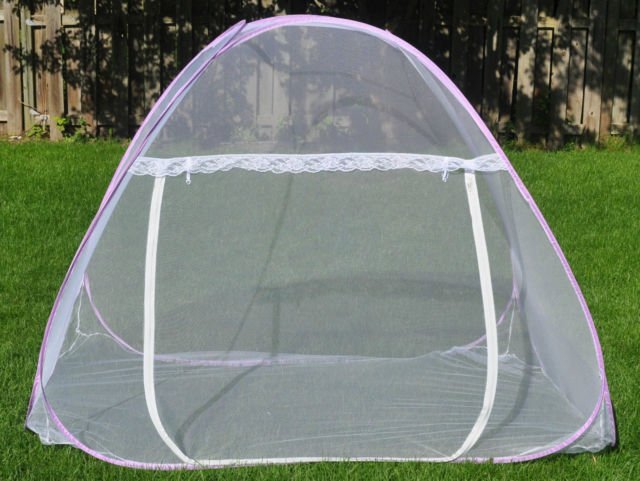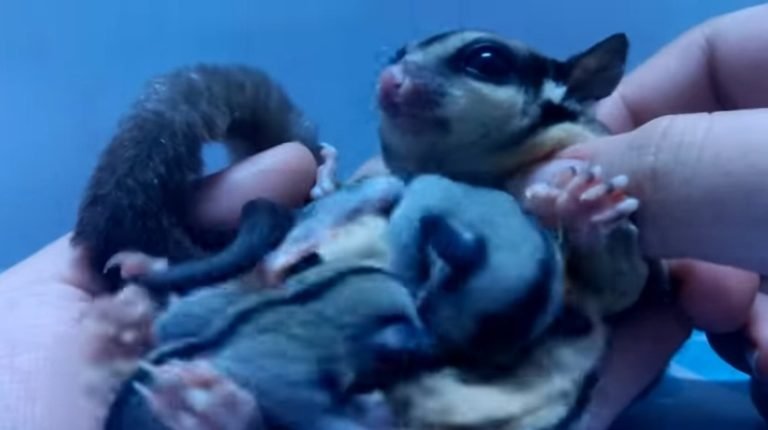How To Control Sugar Glider Odor
How to Control Sugar Glider Odor: Tips and Tricks
Are you a proud owner of a sugar glider but struggling to control the strong odor that comes along with it? Sugar gliders are adorable little creatures that make great pets, but their unique scent can be a challenge to manage. However, worry not! In this article, we will explore various effective methods and techniques to help you control sugar glider odor and maintain a fresh and pleasant environment for both you and your furry friend.
Understanding the Root of the Problem
Before diving into the strategies to minimize sugar glider odor, it’s essential to understand what causes it in the first place. Sugar gliders have scent glands that release a distinctive odor to mark their territory and communicate with other gliders. This scent is more noticeable in males, as they have larger glands and produce a stronger odor.
Proper Cage Maintenance
One of the primary factors contributing to sugar glider odor is an unclean living environment. Regular cage maintenance is crucial in controlling the scent. Here are some steps you can take:

1. Clean the Cage Regularly
Sugar gliders are impeccably clean creatures, and they prefer a tidy living space. Aim to clean the cage at least once a week, if not more often. Remove any bedding, toys, and accessories, and thoroughly clean them with a safe, glider-friendly cleaner. Wipe down the cage itself, paying special attention to corners and crevices where odor can build up.
2. Choose the Right Bedding
The type of bedding you use can significantly impact odor control. Opt for bedding materials that are highly absorbent and help neutralize odors, such as recycled paper or aspen shavings. Avoid using pine or cedar bedding, as the strong scent may mix with the glider odor and create an unpleasant combination.
3. Provide a Litter Box
Training your sugar glider to use a litter box can help contain odor and make cleaning more manageable. Place a small litter box filled with paper pellets or a glider-safe litter substrate in the cage. When your glider does its business outside the box, remove the droppings promptly to keep the area clean and odor-free.
Dietary Considerations
Believe it or not, your sugar glider’s diet plays a significant role in its body odor. By providing a balanced and nutritional diet, you can minimize the pungency of their scent. Here’s what you should consider:
1. Balanced Diet
Ensure your sugar glider’s diet includes a mix of fresh fruits, vegetables, protein, and a high-quality pellet food specifically formulated for sugar gliders. A balanced diet will help maintain their overall health, which can, in turn, reduce the intensity of their body odor.
2. Limit Strong Odor Foods
Certain foods can contribute to a stronger scent in sugar gliders. Foods like garlic, onions, and spicy seasonings can pass through their system and affect body odor. While it’s fine to offer small amounts as a treat, try to limit these types of foods in their regular diet.
Scent Control Methods
In addition to maintaining a clean cage and providing a healthy diet, there are a few other tips and tricks you can employ to control sugar glider odor effectively. Let’s take a look:
1. Bathing and Grooming
Contrary to popular belief, sugar gliders do not require regular baths. In fact, bathing them too often can strip their skin of natural oils and lead to dryness. However, occasional spot cleaning may be necessary. Use a sugar glider-safe wipe or a damp washcloth to clean their feet, as this is an area that tends to contribute to the scent.
2. Provide Proper Ventilation
Good airflow is essential to avoid odor buildup in the living area. Ensure your sugar glider’s cage is placed in a well-ventilated room with proper air circulation. Consider using a small fan or opening a window to promote fresh air exchange and reduce the concentration of odors in the space.
3. Use Odor Absorbent Materials
To combat odor between cage cleanings, you can use various odor-absorbing materials in and around the cage. Activated charcoal, natural odor eliminators, or even baking soda placed strategically can help reduce unwanted smells.
Frequently Asked Questions
1: How often should I clean my sugar glider’s cage?
It is recommended to clean the cage at least once a week, or more frequently if needed. Regular cleaning will help minimize odor and maintain a healthy environment for your sugar glider.
2: Can I use regular pet cleaning products to clean the cage?
No, it is crucial to use glider-safe cleaning products specifically designed for sugar gliders. Regular pet cleaners may contain harmful chemicals that can be toxic to sugar gliders.
3: Are sugar gliders odorless?
No, sugar gliders do have a distinct odor due to their scent glands. However, with proper care, diet, and cleanliness, you can significantly reduce and control their natural scent.
Final Thoughts
Controlling sugar glider odor is possible with a combination of proper cage maintenance, a balanced diet, and scent control methods. By implementing these strategies and staying consistent, you can create a fresh and pleasant living environment for both you and your adorable sugar glider companion. Remember, patience and dedication are key in effectively managing and minimizing any lingering odors. So, enjoy your time with your sugar glider and breathe easy knowing you’re taking the necessary steps to control their odor.







